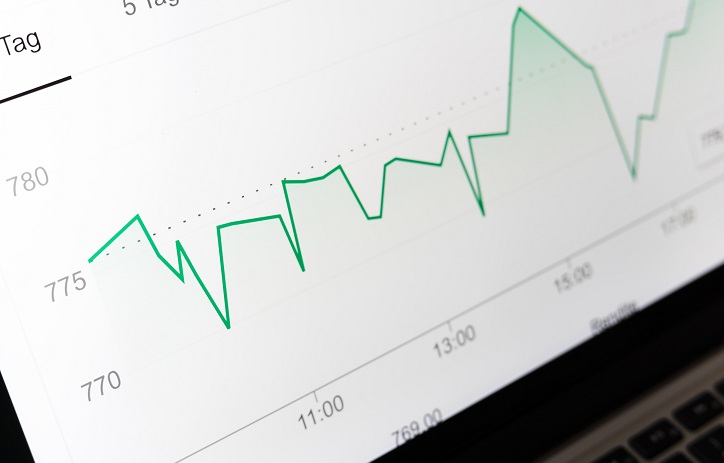Despite gradually recovering economies and summer tourism reopening in many parts of the eurozone, it’s not time to end emergency stimulus measures yet, Italian Central Bank Governor Ignazio Visco told CNBC at the G-20 on Sunday.
“This is an emergency program that had to do with the effects of the pandemic,” Visco, who is also a member of the European Central Bank’s Governing Council, told CNBC’s Annette Weisbach in Venice, Italy.

Asked whether he felt the calls by some European officials for lowering the bond purchases were premature, Visco replied, “We have not discussed this.” But he added, “The effects of the pandemic are not only on the volatility of markets but also on the ability to go back to the 2% aim,” referring to the euro zone’s inflation target.
“Therefore until we are not, well, somehow moving towards that target, I think we have to maintain all our instruments, and we will discuss them in our meetings,” Visco said, stressing the ECB’s reliance on incoming economic data.
“Obviously this is something that is both data-driven and it’s not path-dependent, it is state-dependent, so this is really what we have to do — observe, understand and then decide,” Visco added.
Read Also:
- Dogecoin
- Risks of Bitcoin
- Investing in Bitcoin Trusts
- G-20 Signs Off on Tax Crackdown
- Stocks Making the Biggest Moves in the Premarket
“There are certain items which have increased in prices, because of the removal of VAT (sales tax) reductions in Germany, because of the increase in energy prices … and so, yes, we will have a higher rate of inflation this year, but we are not thinking it to be permanent,” he said.
“There is still a substantial slack in the European economy; this slack is not equally distributed across countries,” Visco said, stressing that the ECB’s Governing Council must take into account the full euro area’s inflation rate, not those of individual countries.
“We are still now projecting inflation to be at around 1.4% to 1.5% in the medium term. So this has to be 2% in the medium term, and when it will be 2% in the medium term, we will be glad having achieved that result.”



